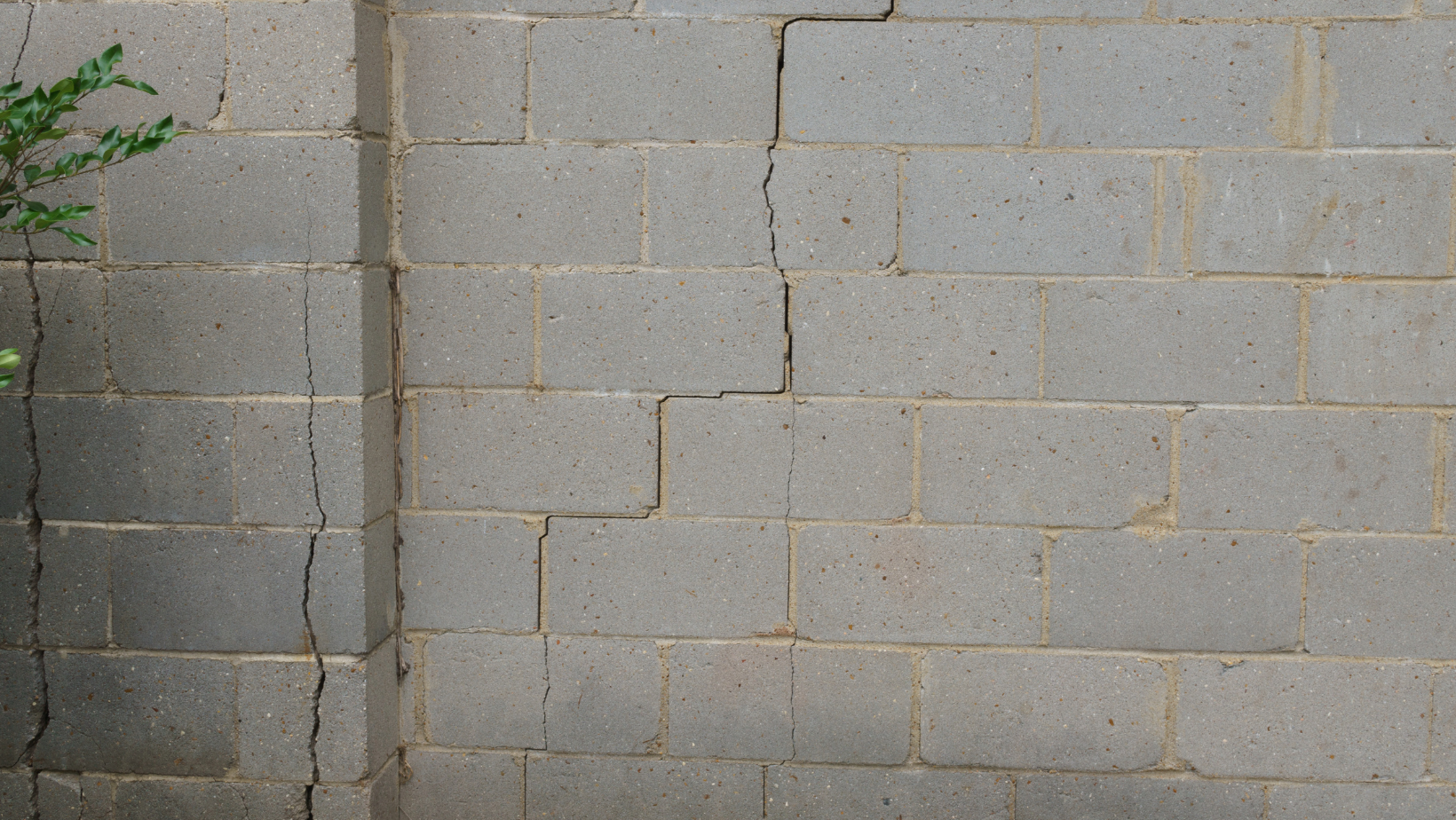
In a word: yes. Home repairs are not cheap. We get it. The last thing you want to improve is your home’s foundation, which no one really cares about or sees beyond its functionality. But it’s vitally important to not neglect this important task. Repairing your foundation now will ensure you don’t run into more expensive and structurally damaging problems later.
We also realize that high-quality
foundation repairs are not cheap. This may have you scratching your head: should I invest a big chunk of my savings to something that isn’t even really visible? Yes, absolutely.
If you need convincing, take a look at how foundation problems can impact your whole house.
Foundation Cracks Signal Developing Damage
No homeowner wants to hear the word “crack” in reference to their home. After all, cracking usually points out that something is wrong, off, or breaking. The same theory applies to your foundation. Healthy foundations don’t crack for no reason. Take this as a warning sign that it should be repaired sooner rather than later.
Cracking is typically the result of hydrostatic pressure and settling. Your foundation repair expert in Houston can inspect the situation and let you know the exact cause.
Hydraulic Pressure
Hydraulic pressure is caused by water that infiltrates the land surrounding your property. As it absorbs water, the soil around the foundation starts to expand, taking up more and more of the surrounding area. When the soil can no longer absorb all the water, it puts pressure on all components around it so it can find an outlet.
One job of your foundation is to act as a dam of sorts to keep water from getting into your home. This pressure will eventually lead to foundation cracking or failure, which will allow water to seep in and start saturating the wood in the immediate area.
When wood gets wet, it becomes a breeding ground for termites and other pests or insects. Because the flooring structure of your home is made of wood, such as the beams, joists, and sill plates, your floors will start to droop over time.
Uneven Settling
Every house settles over the years. It’s inevitable that such a large and heavy structure will settle into the ground as time marches on. When it happens slowly, this is common and normal.
When the rate is accelerated, this is not normal. There could be many culprits that are speeding things up. Maybe the dirt under your house wasn’t properly compacted before builders began construction. Maybe the dirt features many layers of soil that all have a different composition, which allows the dirt to move more freely.
Or perhaps erosion has begun under the foundation. No matter what the case, it’s not uncommon for one part of the house, such as a corner, to settle at a faster rate. And when this settling happens at different rates, the structure becomes strained and compromised.
Houses are not meant to be very flexible. After all, they are made of wood, steel and concrete. So when those materials get pulled by gravity in unequal amounts of force, they move. This can result in cracking, tearing, twisting, and distortion, with evidence of this often seen in doorways, windows, flooring and other areas of your house.
Contact Aftermath Structural Repair
If you have spotted signs of uneven settling, call a foundation repair specialist for an inspection. Call us for a free quote and consultation today at
281-231-8904.


